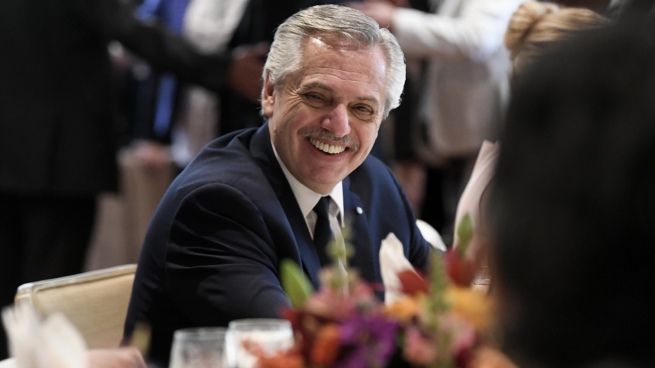Cubans took to the streets to bang pots and pans and protest in several neighborhoods of the capital Havana on Thursday night (29), as the country entered its third day of blackouts after Hurricane Ian.
The massive storm, now moving north along the southeastern coast of the United States, caused Cuba’s power grid to collapse earlier this week. Ian knocked out the power to the entire island, which has 11 million people, destroyed homes and farmland.
For some Cubans, already suffering from shortages of food, fuel and medicine, the prolonged blackout was the final straw.
Jorge Luis Cruz, from Havana’s El Cerro neighborhood, was outside his home last night banging on a metal pot and screaming in rage. Dozens of other people on the streets around their house could be heard banging pots on terraces in the dark.
“This is not working, enough of this,” Cruz told Reuters. “All my food is rotten. Why? Because we don’t have electricity.”
Protests in the streets of Cuba are very rare. On July 11, anti-government demonstrations – the biggest since the 1959 revolution by former Cuban leader Fidel Castro – rocked the island.
Police have arrested more than 1,000 people, according to estimates by human rights groups, and hundreds of protesters remain in prison, official figures show.
The Cuban government says the detainees were tried and found guilty of vandalism, assault and, in some cases, sedition. Human rights groups, however, say they were subjected to mock trials and unfairly imprisoned for exercising their right to freedom of expression and protest.
In Havana, pot crashes appeared to be lining up with areas without electricity. Elsewhere in the city, the streets were largely silent.
Earlier on Thursday, authorities announced progress in restoring power to Havana, where lights have been turned back on in neighborhoods of the capital. However, parts of the city, outlying provinces and vast areas of western Cuba are still in the dark.
*Reporting by Dave Sherwood, Mario Fuentes and Nelson Gonzalez in Havana
Reproduction of this content is prohibited.









